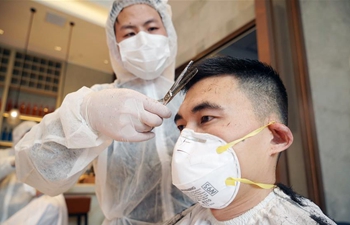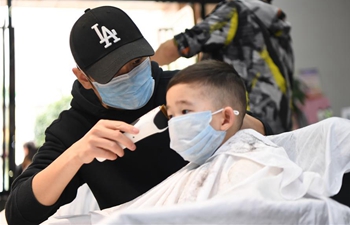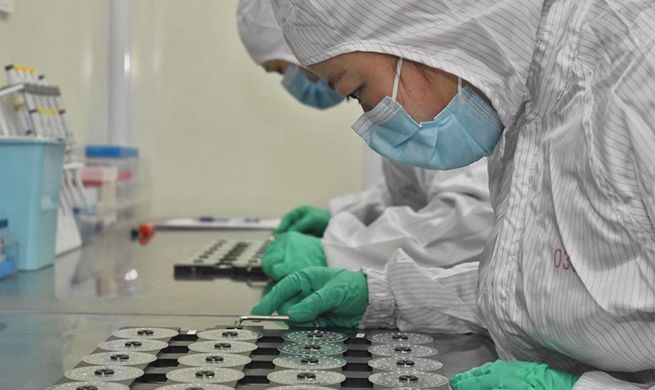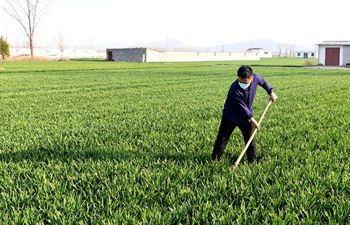JERUSALEM, Feb. 24 (Xinhua) -- Israeli scientists found that short-term acute inflammation in the mother's body during pregnancy can cause autism to the embryo, said Weizmann Institute of Science (WIS) in central Israel on Monday.
Signs of autism usually appear around two or three years old, but it is considered a neurodevelopmental disease, which suggests that changes could already be "brewing" in the embryonic brain.
In a study published in the journal Molecular Psychiatry, WIS researchers tested the idea of using a model that simulates viral infections in pregnant mice.
When the activation was performed on day 12 out of the 18 days of pregnancy in mice, the offspring exhibited autism-like behaviors, and their cortex (the frontal part of the brain) became thicker than usual.
The team investigated what was happening in the embryos' cortex immediately following the activation of immune response, and found that more neurons than usual were being "born" as soon as six hours following the immune activation.
"In other words, the mother got sick and the embryos were affected", the researchers explained.
Autism spectrum disorders (ASDs) can show symptoms of impaired cognition, difficulties with social interaction and communication, and typical repetitive behaviors.

















